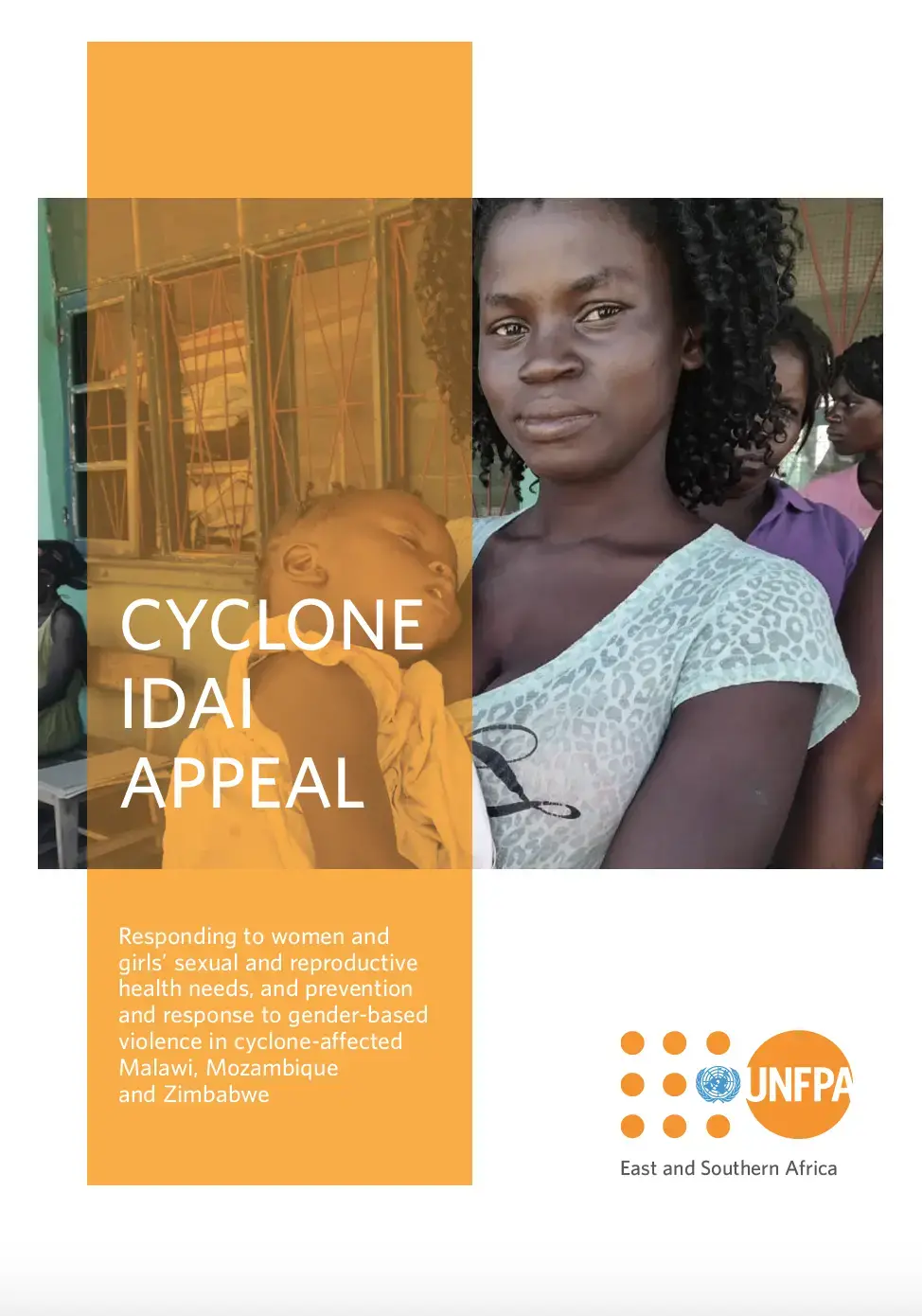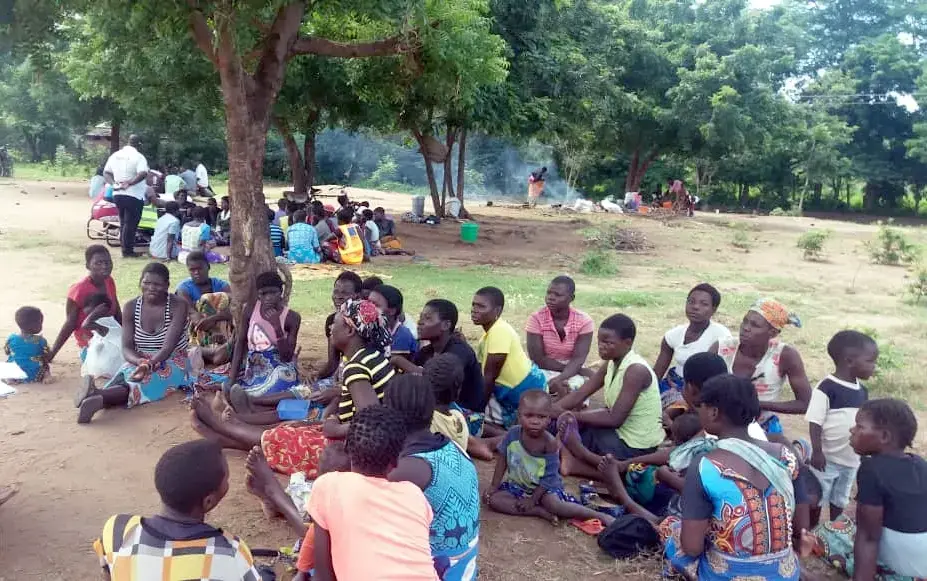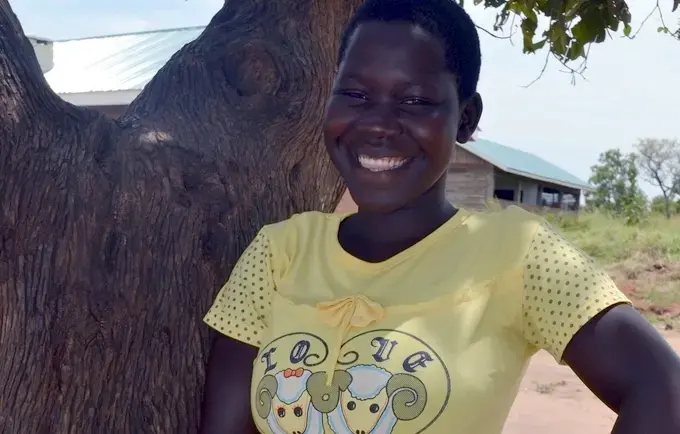United Nations Special Representative of the Secretary-General on Sexual Violence in Conflict, Pramila Patten, urges all parties to prohibit the use of sexual violence and cease hostilities in the Tigray region of Ethiopia
I am greatly concerned by serious allegations of sexual violence in the Tigray region of Ethiopia, including a high number of alleged rapes in the capital, Mekelle. There are also disturbing reports of individuals allegedly forced to rape members of their own family, under threat of imminent violence. Some women have also reportedly been forced by military elements to have sex in exchange for basic commodities, while medical centres have indicated an increase in the demand for emergency contraception and testing for sexually transmitted infections (STIs), which is often an indicator of sexual violence in conflict. In addition, there are increasing reports of sexual violence against women and girls in a number of refugee camps.
While noting the volatile security situation in the Tigray region, the hampered physical access in many parts of Tigray, and the dire situation of civilians, especially refugees, it remains critical that humanitarian actors and independent human rights monitors be granted immediate, unconditional and sustained access to the entirety of the Tigray region, including internally displaced persons (IDPs) and refugee camps where new arrivals have allegedly reported cases of sexual violence. Immediate medical and psychosocial assistance must be accompanied by protection measures, to ensure that those who have been forced from their homes due to violence are not placed at further risk of sexual violence within the camps. This includes the more than 5,000 Eritrean refugees in and around the area of Shire living in dire conditions, many of them reportedly sleeping in an open field with no water or food, as well as the more than 59,000 Ethiopians who have fled the country into neighbouring Sudan. The United Nations estimates that of these refugees, more than 25 per cent are women and girls of reproductive age.
Constrained humanitarian access and limited resources for service providers have reduced the availability of essential health care and assistance for survivors of sexual violence, including sexual and reproductive health care. Access to lifesaving assistance, such as dignity kits, post-rape kits, treatment to prevent HIV and STI transmission and psychosocial support is also critical. Accordingly, enhanced funding and support is urgently required to scale up the provision and coverage of essential services.
I call on all parties involved in the hostilities in the Tigray region to commit to a zero tolerance policy for crimes of sexual violence, in line with their respective obligations under international humanitarian and human rights law. While taking note of the monitoring and investigation missions recently conducted by the Ethiopian Human Rights Commission (EHRC) in Western Tigray and the Amhara region, I call on the Government of Ethiopia to further exercise its due diligence obligations to protect all civilians from sexual and other violence, regardless of their ethnic origin and those displaced by conflict, and to promptly allow for an independent inquiry into all allegations of sexual and other forms of violence, to establish the facts and hold perpetrators accountable, provide redress to victims, and prevent further grave violations. My Office and the United Nations system stand ready to support national authorities to put in place rigorous measures to prevent and respond to possible violations.
The Special Representative of the Secretary-General on Sexual Violence in Conflict serves as the Chair of United Nations Action Against Sexual Violence in Conflict (UN Action) which is a network of 15 UN entities established in 2008 with the goal of eradicating sexual violence during and in the wake of conflict, including by addressing the root causes of such crimes. UN Action implements projects in a number of priority situations supporting the response of national authorities. For further information visit www.stoprapenow.org
For media inquiries, please contact:
Ms. Géraldine Boezio
Office of the Special Representative on Sexual Violence in Conflict, New York
Tel: +1 917 367-3306
Email: geraldine.boezio@un.org
Follow us on social media: @endrapeinwar




